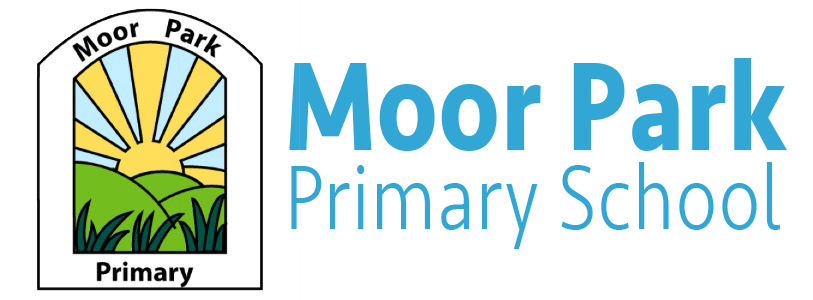Phonics At Moor Park
What is phonics?
Phonics is a way of teaching children to read, quickly, skilfully and accurately. Children are taught how to recognise the sounds that each individual letter makes along with graphemes; to identify the sounds that different combinations of letters make - e.g. 'sh' or 'oo' and to blend these sounds together from left to right to make a word. Children can then use this knowledge to 'de-code' new words that they hear or see. This is the first step in learning to read.
Why phonics?
Research shows that when phonics is taught in a structured and systematic way - starting with the easiest sounds and progressing through to the most complex - it is the most effective way of teaching young children to read. It is particularly helpful for children aged 5 to 7 years old. Almost all children who receive good teaching of phonics will learn the skills they need to tackle new words. They can then go on to read any kind of text fluently and confidently, and to read for enjoyment. Children who have been taught phonics also tend to read more accurately than those taught using other methods such as 'look and say' This includes children who find learning to read difficult.
At Moor Park we use 'Read Write Inc' as our systematic, structured phonics programme.
If you would like to find out more about phonics please click here or search for phonics on the DfE's website at www.education.gov.uk
What is the phonics screening check?
The phonics screening check is a quick and easy way to check your child's phonic knowledge. It helps our school confirm whether or not your child has made the expected progress in phonics. The check takes place during one week in June when your child is in Year One..
How does the check work?
- Your child sits with a teacher he or she knows and is asked to read 40 words aloud.
- Your child may have read some of the words before, whilst others will be completely new.
- The check normally takes just a few minutes to complete and there is no time limit.
- If you child is struggling the teacher will stop the check - the check is carefully designed not to be stressful for your child.
What are 'non-words'?
The check will contain a mix of real words and 'non-words' (or 'nonsense' words). Your child will be told before the check that they will be 'non-words' that he or she have not seen before. Many children will be familiar with this because many schools already use 'non-words' when they teach phonics. Non-words are important to include because words such as 'vap' or 'jound' are new to all children. Children cannot read the 'non-words' by using their memory or vocabulary; they have to use their decoding skills. This is a fair way to assess their ability to decode.
After the check
You will receive your child's phonic screening result with their end of year report to inform you how they have done in the screening check, If your child has found the check difficult we will put in place support throughout the end of Year 1 and into Year 2. If a child fails to meet the expected standard in the check they will have the opportunity to re-sit the check the following year. All children are individuals and develop at different rates. The screening check ensures that teachers understand which children need extra help with phonic decoding.
A Parents’ Guide to Read Write Inc. Phonics

